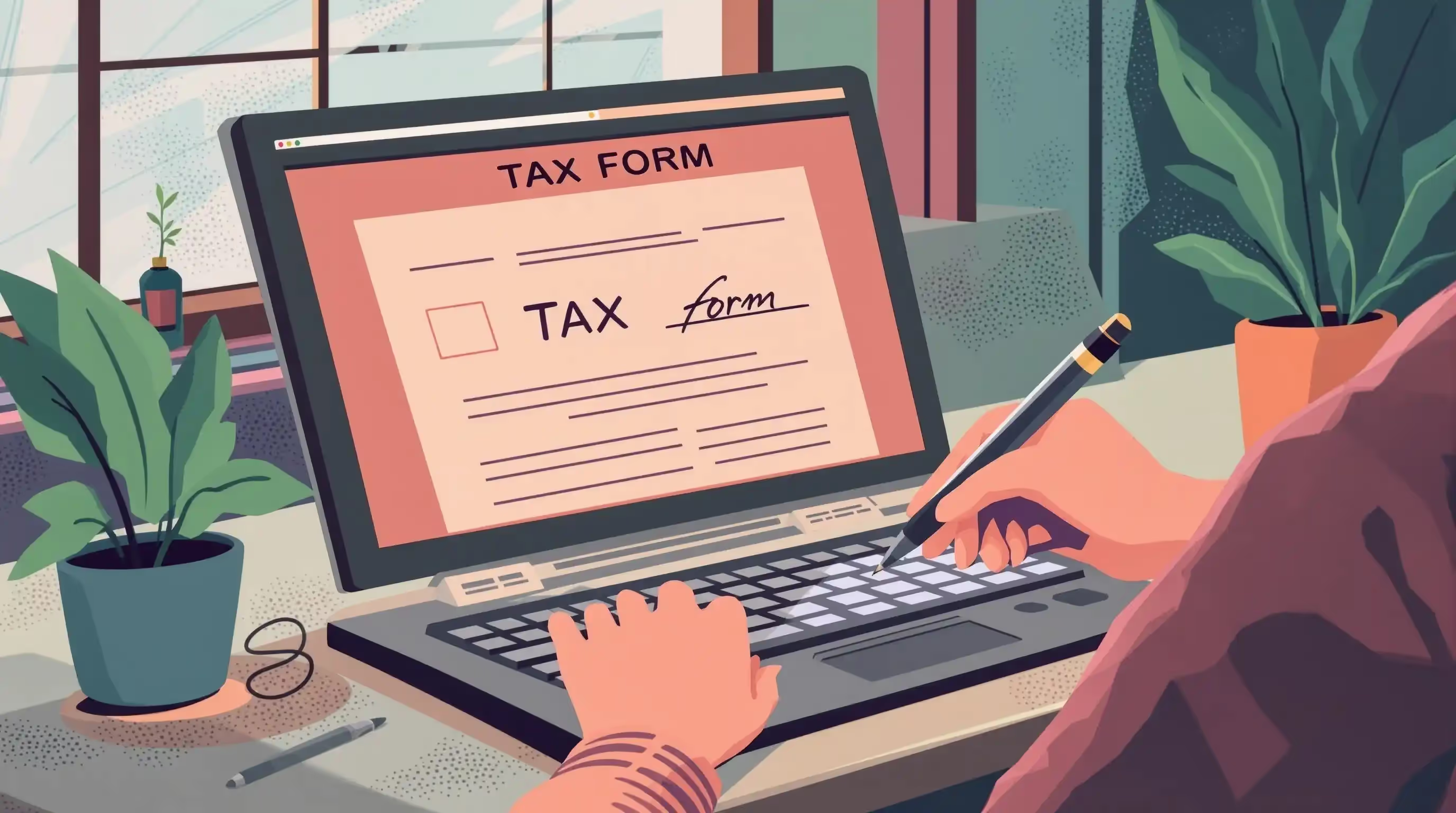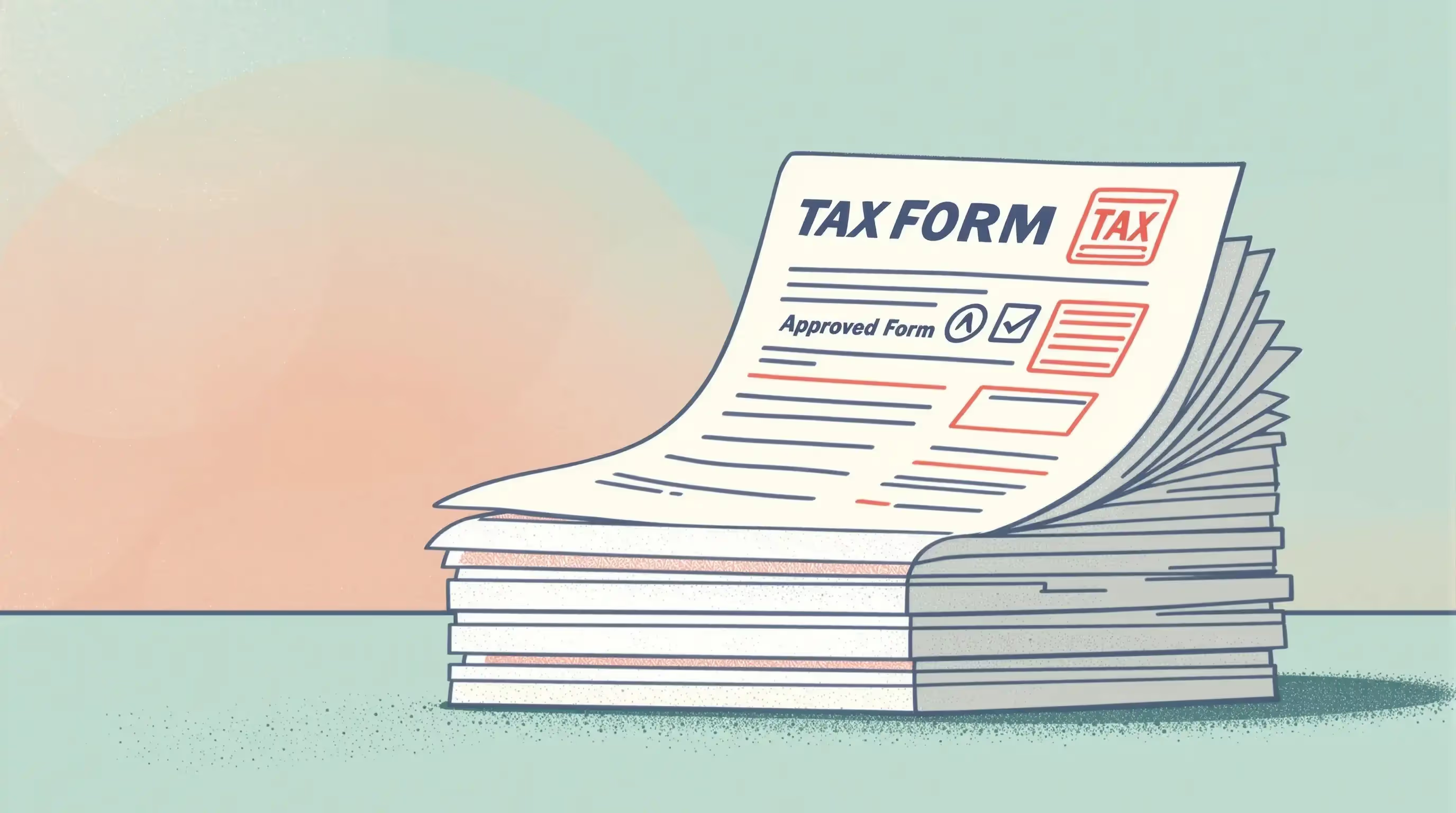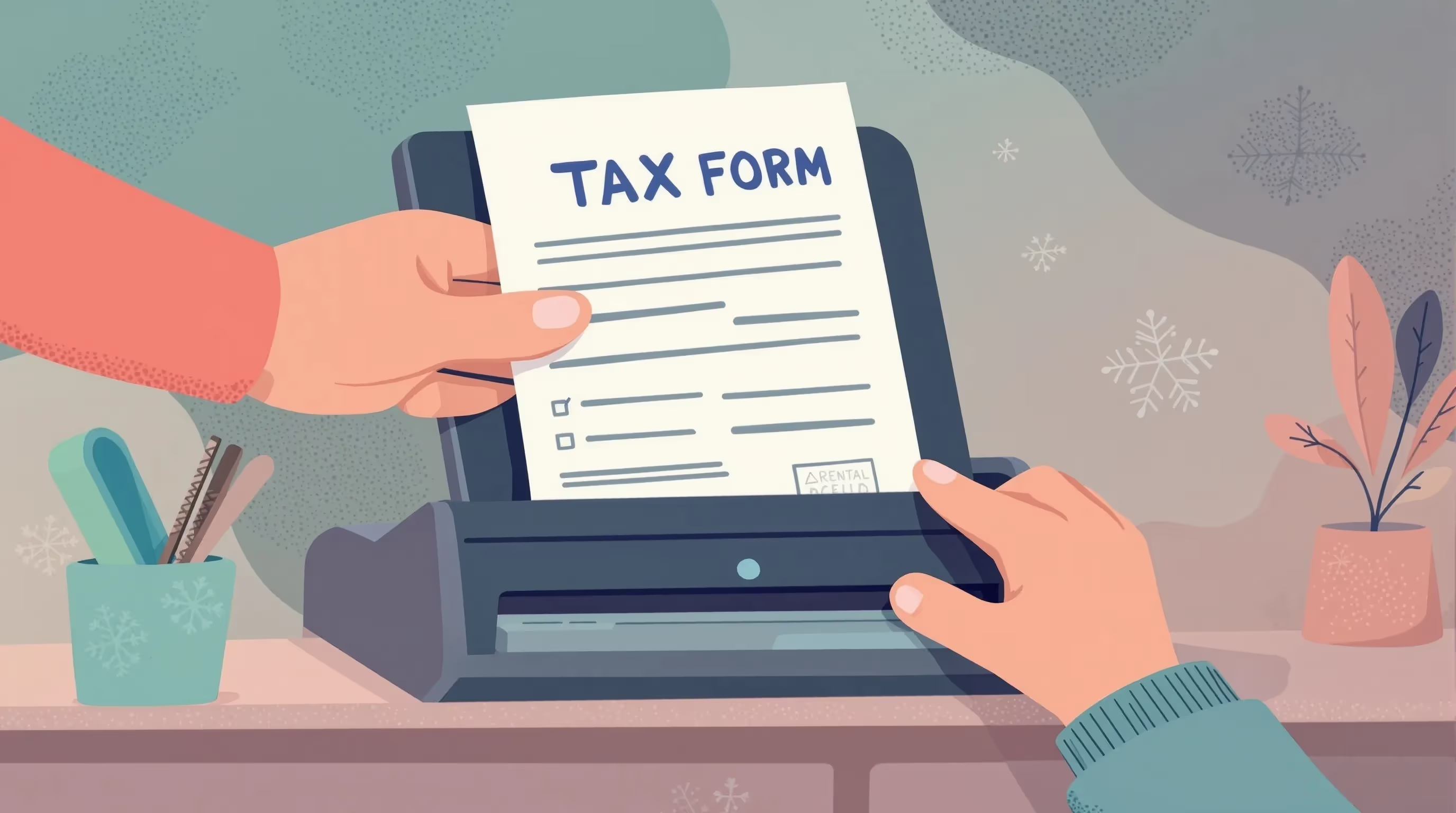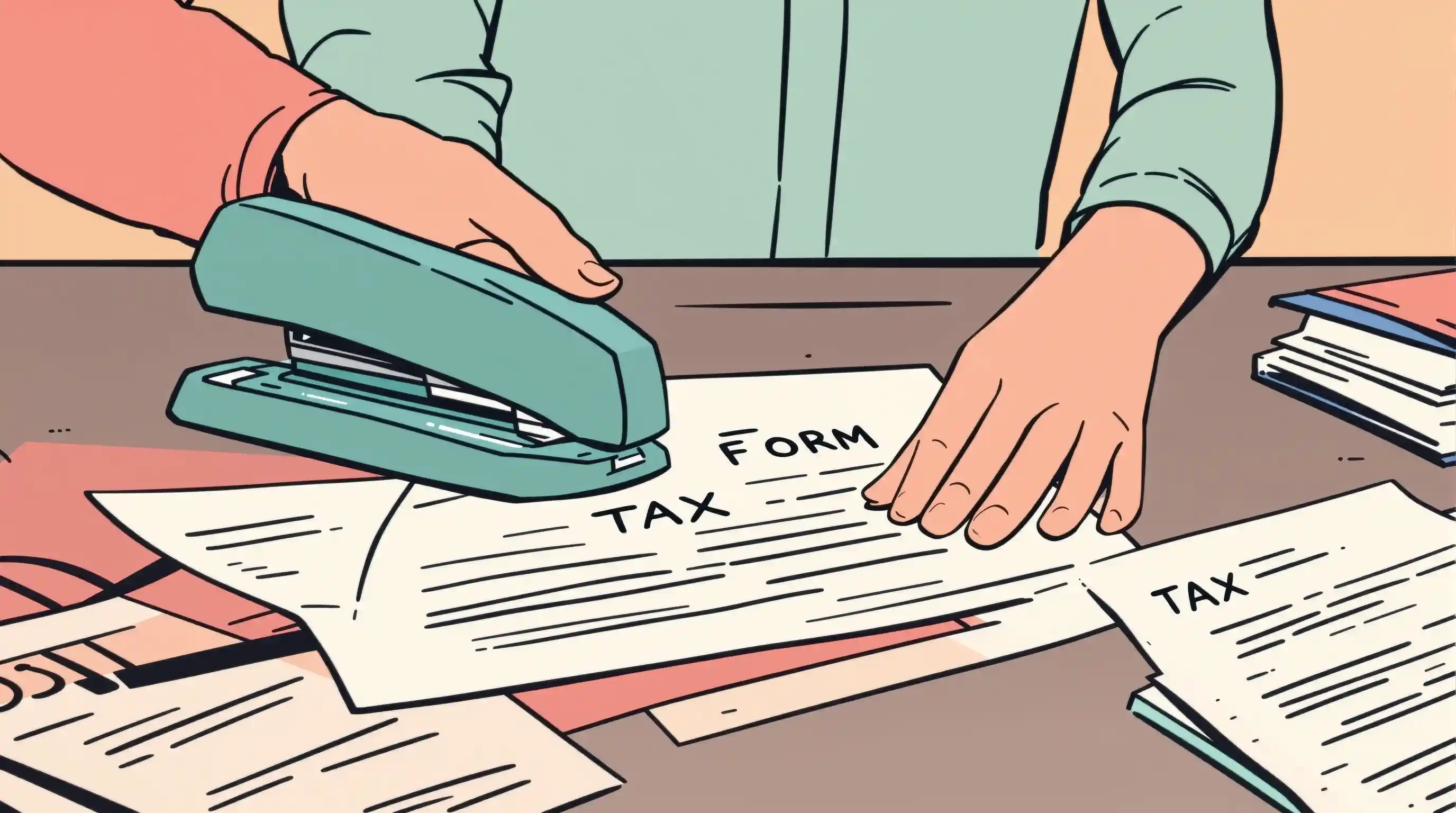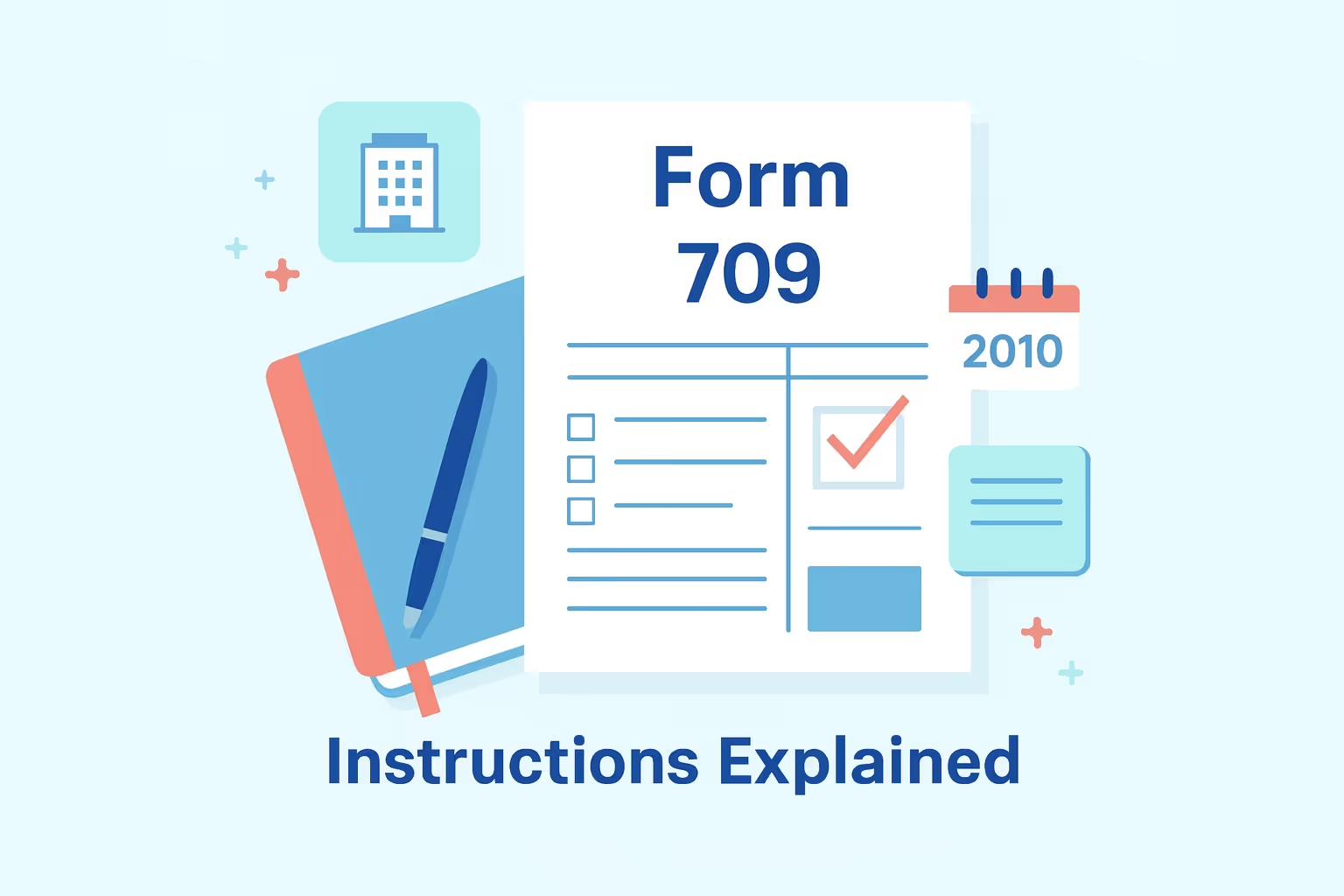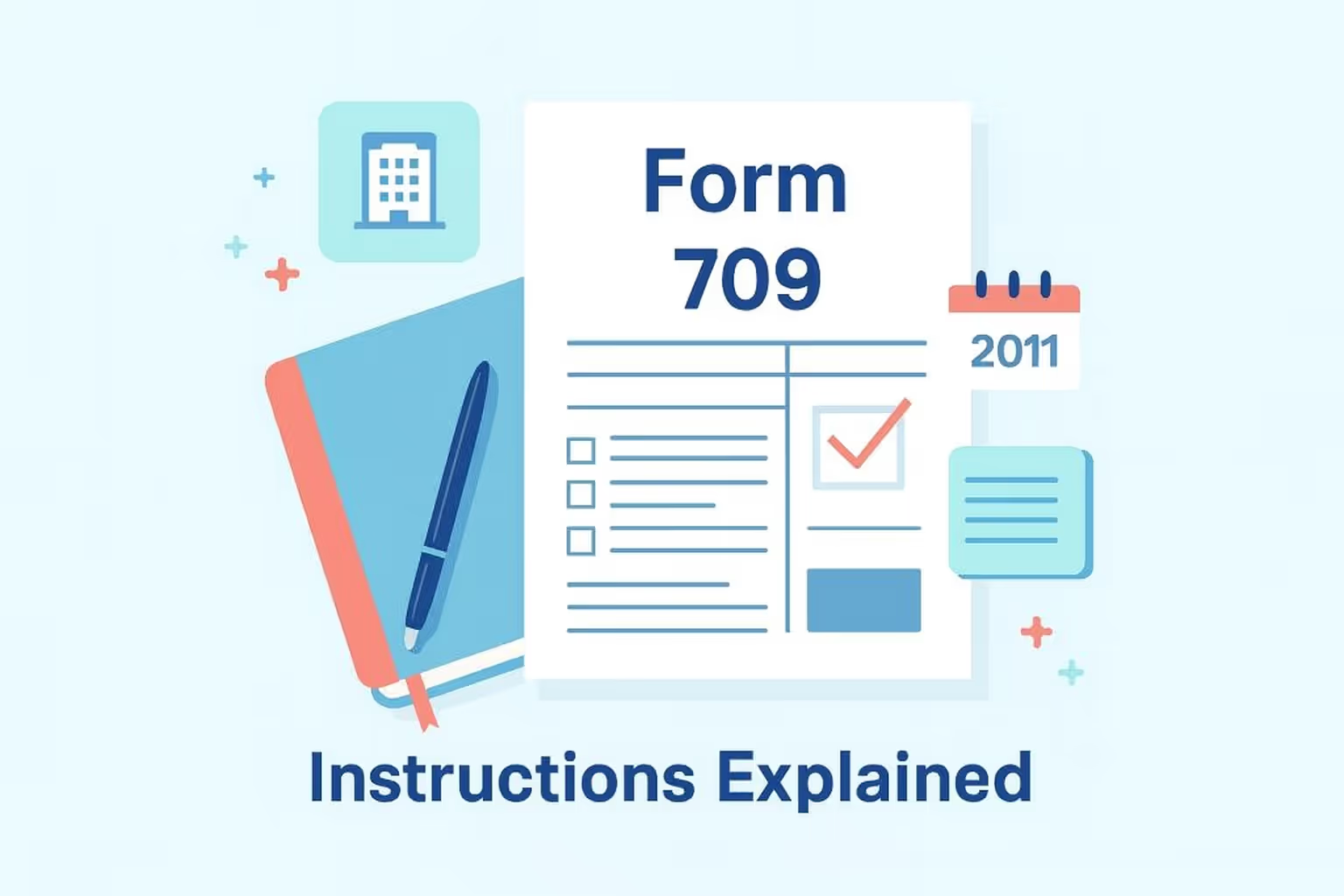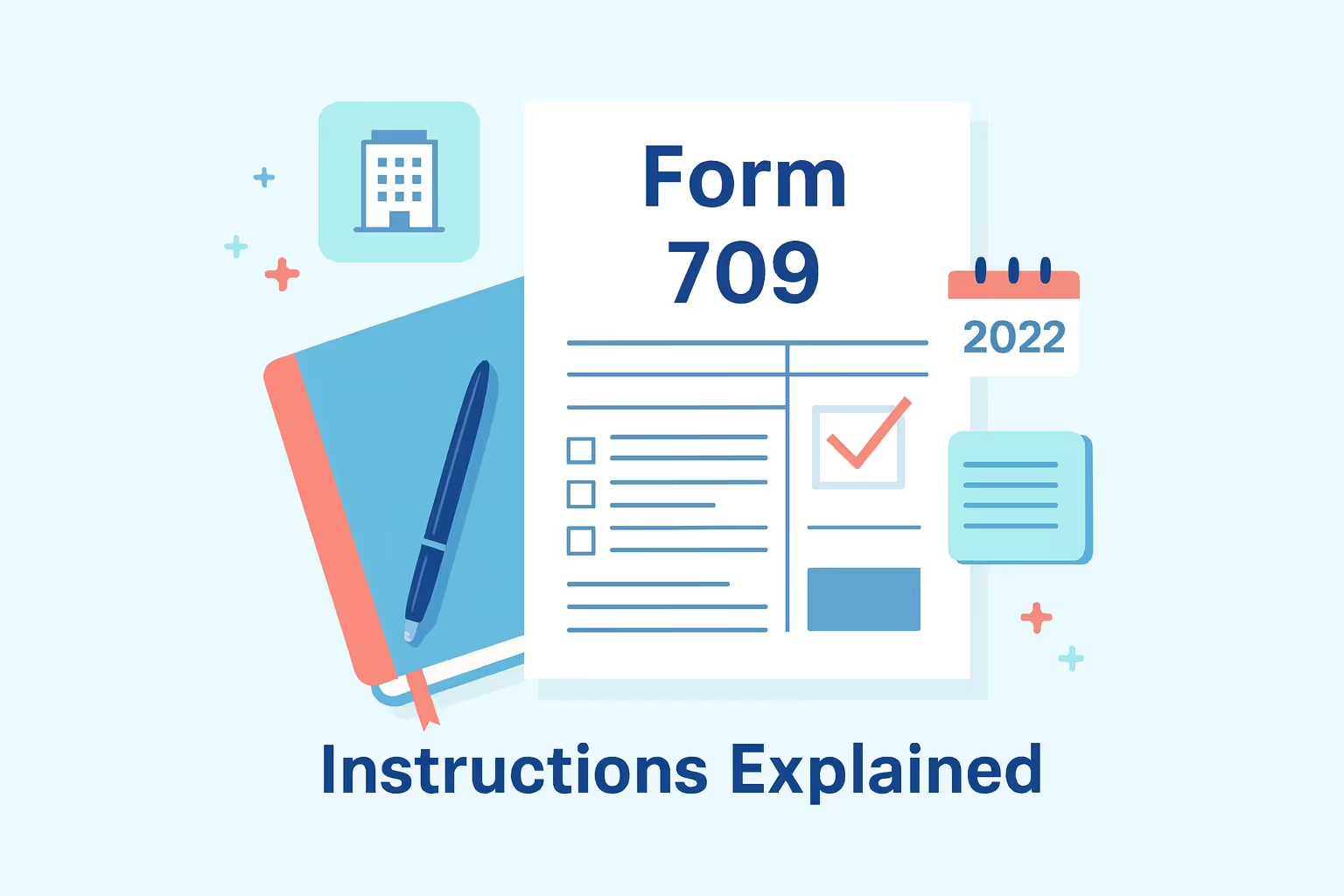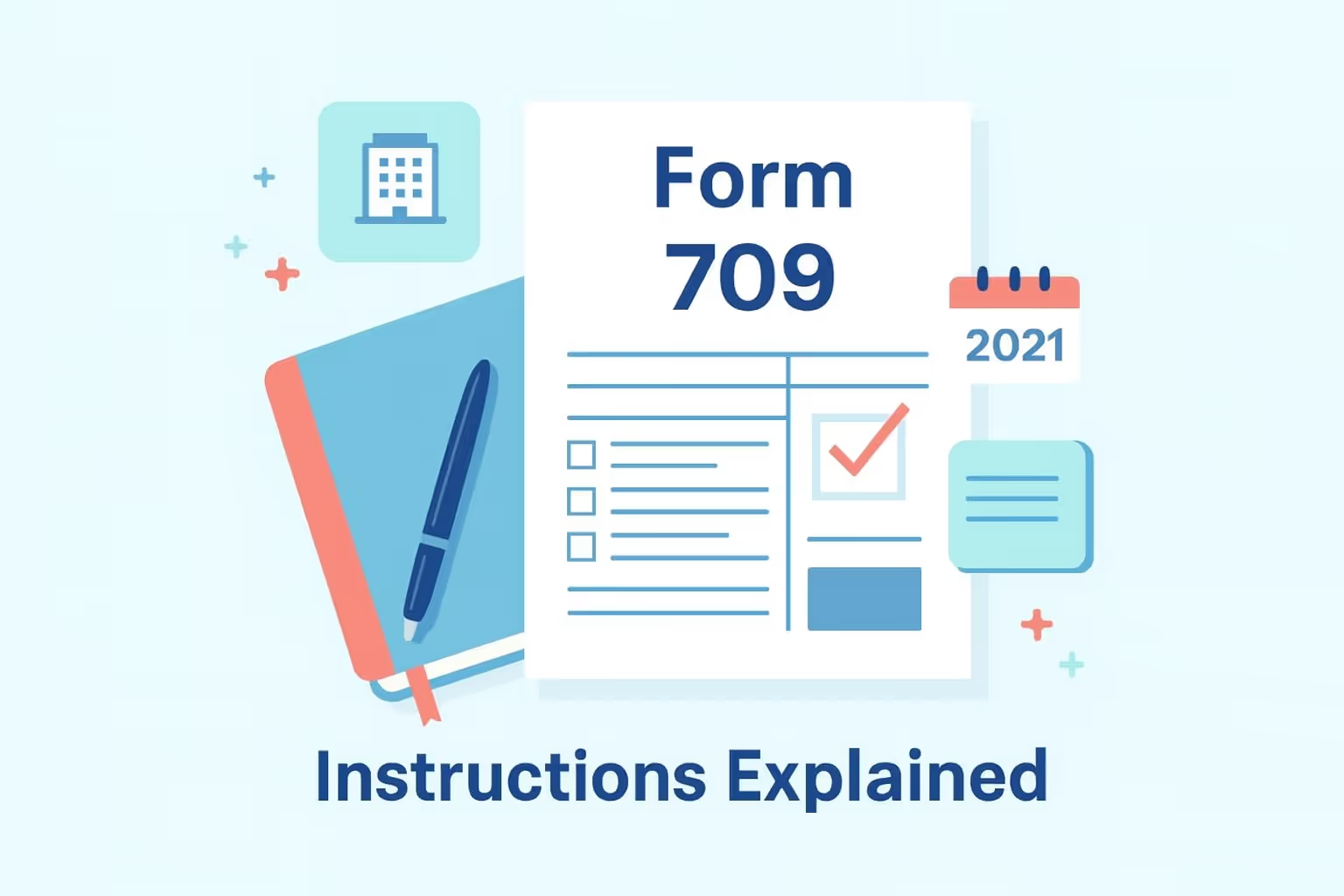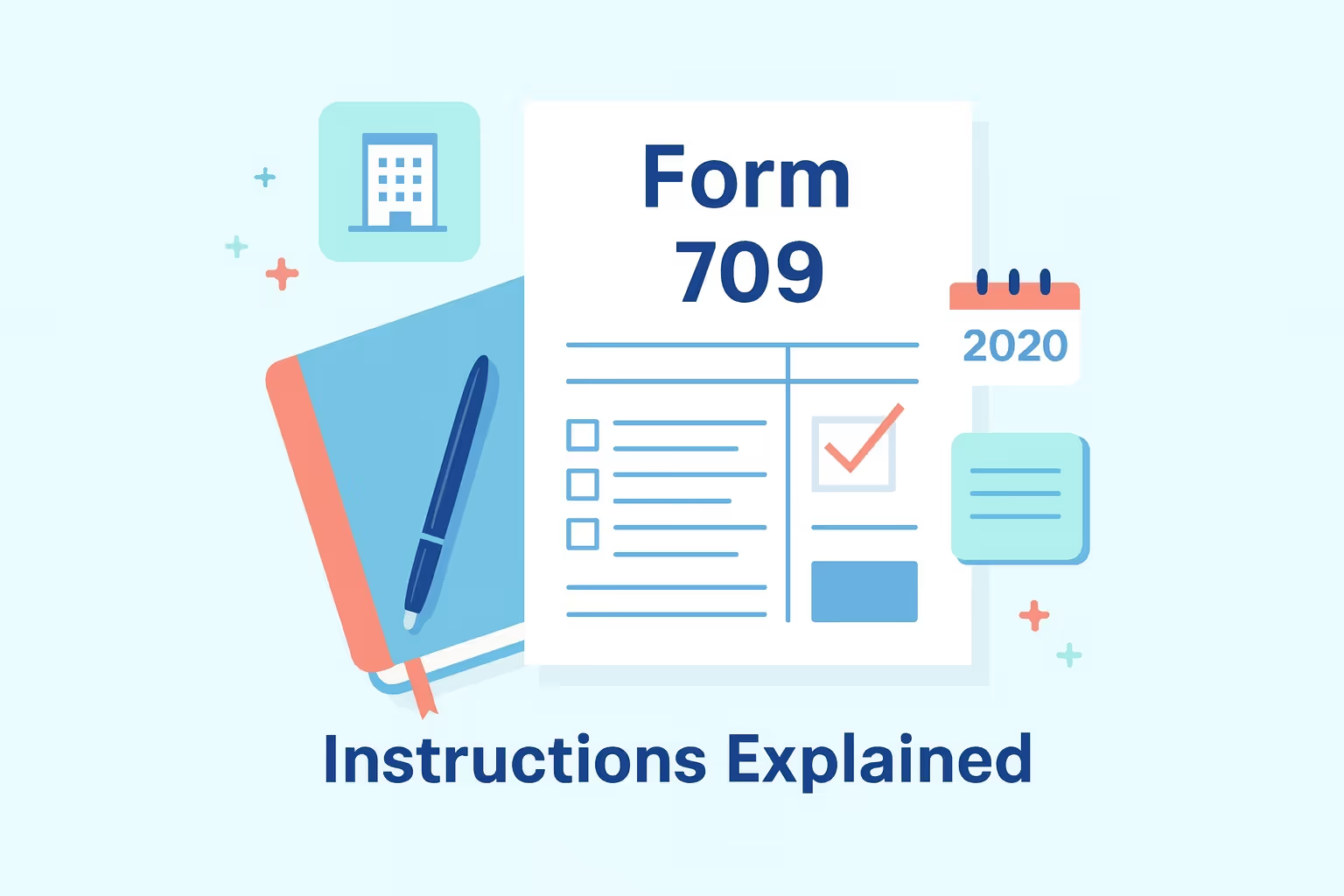
What IRS Form 709 (2018) Is For
IRS Form 709 (2018) is the United States Gift and Generation-Skipping Transfer Tax Return used to report transfers subject to the federal and generation-skipping transfer tax. This tax form applies to anyone who made gifts exceeding the annual gift tax exclusion for the 2018 tax year. It also applies if you made lifetime gifts, split gifts with a spouse, or transferred property subject to gift and GST taxes. Filing ensures accurate lifetime gift tax exemption tracking and compliance with Internal Revenue Code requirements.
When You’d Use Form 709 for 2018 (Late or Amended Filing)
Taxpayers must file Form 709 for 2018 if they made taxable gifts above the annual exclusion limit or gave gifts of future interests. You should file late or amended gift tax returns when you discover unreported transfers subject to gift tax purposes, incorrect valuations, or omitted elections, such as gift splitting. Filing protects lifetime exemption records and starts the three-year statute of limitations under the Internal Revenue Service, even if no tax applies.
Key Rules or Details for 2018
- Annual Gift Tax Exclusion: The annual exclusion amount for 2018 was $15,000 per recipient, allowing tax-free gifts within this limit without filing a gift tax return.
- Lifetime Gift Tax Exemption: The lifetime exemption increased to $11,180,000 for 2018, covering total taxable gifts made during the calendar year and prior periods combined.
- Generation Skipping Transfer Tax: The lifetime GST exemption also matched $11,180,000, ensuring most transfers subject to GST taxes remained exempt for that tax year.
- Deceased Spousal Unused Exclusion: Married couples could apply the deceased spouse’s unused exclusion to reduce total gifts subject to federal gift taxes or estate tax imposed later.
- Estate Tax and Gift Tax Purposes: Form 709 records all reportable gifts to coordinate estate tax exemptions and compute gift tax under unified credit rules.
- Educational and Political Organizations: Certain gifts to educational organizations or political organizations were exempt, provided the transfer qualified under the Internal Revenue Code.
Browse more tax form instructions and filing guides in our Forms Hub.
Step-by-Step (High Level)
Step 1: Gather Your Records
Collect documentation for all annual and lifetime gifts made in 2018, including appraisals of property transferred and copies of prior gift tax returns, to ensure accurate taxable gift reconciliation.
Step 2: Obtain Tax Transcripts
Request transcripts from the Internal Revenue Service using Form 4506-T or through your online account to confirm lifetime exemption amounts and total gifts reported for tax purposes.
Step 3: Complete the 2018 Form
Use only IRS Form 709 (2018) for 2018 gifts, since filing form versions for other years may misstate transfer tax rates and annual exclusion limit computations.
Step 4: Attach Required Schedules
Include Schedule A for gift reporting, Schedule B for split gifts, Schedule C for deceased spousal unused exclusion, and Schedule D for generation-skipping transfer calculations, if any.
Step 5: Choose a Filing Method
Mail the completed return and tax computation attachments to the IRS service center listed for your state, or file electronically if approved under the IRS e-file system.
Step 6: Keep Copies
Retain your signed return, completed schedules, and valuation documentation. These records confirm total taxable gifts and support your estate tax exemption calculation if any questions arise later.
Learn more about federal tax filing through our IRS Form Help Center.
Common Mistakes and How to Avoid Them
- Using the Wrong Year’s Form: Taxpayers must file the 2018 version to ensure correct annual exclusion and lifetime exemption amounts. Always confirm the tax year before filing any gift tax return.
- Omitting Future Interests: Failing to report future interests can invalidate the annual exclusion and create transfer tax issues. Review all trust or deferred gifts to ensure proper disclosure on Form 709.
- Incorrect Gift Splitting: When electing gift splitting, married couples must each file and consent properly. Verify that signatures and separate returns are included before mailing your filing form.
- Incomplete Gift Descriptions: Every property transferred must include a clear description and fair market value. Attach appraisals or documentation to support each valuation for Internal Revenue Service review.
- Misreporting Educational or Political Gifts: Some gifts to exempt organizations are tax-free only if paid directly. Confirm that payments go to the qualified educational or political organization before reporting.
- Ignoring Deceased Spousal Unused Exclusion: Failing to claim DSUE can increase future estate tax liability. Complete Schedule C carefully to transfer the unused exclusion to the surviving spouse’s record.
Learn more about how to avoid business tax problems in our guide on How to File and Avoid Penalties.
What Happens After You File
After you file Form 709 (2018), the Internal Revenue Service reviews your taxable gift reporting, total taxable gifts, and related tax computation schedules. If any adjustments are required, you will receive a notice to verify valuations or lifetime exemption usage. Processing times vary depending on form accuracy and attachments. When computing gift tax, any balance due must be paid promptly to avoid interest charges. Filing complete and accurate returns ensures unified credit tracking and reduces future estate tax exposure.
FAQs
Can I still file IRS Form 709 (2018) late if any gift tax applies?
You may file a late gift tax return even if any balance remains unpaid. Interest and penalties apply, but filing starts the statute of limitations and secures your lifetime exemption record.
What qualifies under the annual gift tax exclusion for 2018?
The annual gift tax exclusion allowed $15,000 per recipient in 2018. Gifts within this limit generally remained tax-free and required no federal gift tax return.
How is the generation-skipping transfer tax reported?
The generation-skipping transfer tax is reported on Schedule D of Form 709. You must include transfers to grandchildren or unrelated individuals over 37.5 years younger than you.
How do married couples handle the deceased spouse's unused exclusion?
Married couples may use the deceased spouse's unused exclusion by completing Schedule C. This section allows the surviving spouse to apply the remaining unified credit from the deceased partner.
When does the estate tax relate to total taxable gifts?
Estate tax liability is the total taxable gifts reported during life. Accurate lifetime gift tracking ensures the estate tax exemption and unified credit are correctly coordinated at death.
How is computing the gift tax handled for 2018?
Computing the gift tax for 2018 involves calculating total taxable gifts minus the lifetime exemption and unified credit. The Internal Revenue Service provides detailed tables for this tax computation.
What transfers subject to tax are considered for exempt organizations or political organizations?
Certain exempt organizations or political organizations may receive tax-free gifts if transfers meet Internal Revenue Code standards. Report gifts properly to ensure they qualify for exemption under the law.







